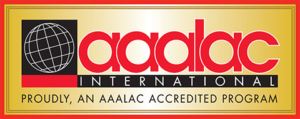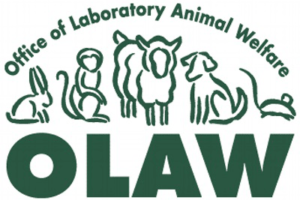Octet and Biacore services
Precision Antibody’s Affinity Service helps you choose the right antibody for your applications.
Take the guess work out from selecting the antibodies you need for your intended use. Precision Antibody Affinity Service will assist you to choose the best antibody for your application by incorporating cost-effective and informative label-free binding kinetics analyses as a part of your antibody development program or offering it as a stand-alone service. Based on the intended application and the molecular weight of the analyte, you can choose which Affinity Service you would like to use.
Precision Antibody’s Affinity Service will provide solid binding kinetic parameters such as off- and on-rates and KD. For assay development, using this technology will help in the critical selection of the right antibodies with high affinity, low off-rate, and void of matrix effect.
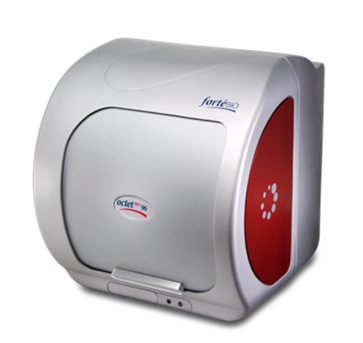
OctetTM can handle 7-8 samples per assay.
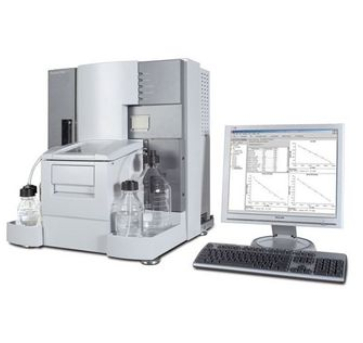
BiacoreTM T200 is capable of measuring small molecular weight interaction, and can handle two samples per assay.
Affinity Service can help you:
- Ascertain that the selected antibodies recognize the natural conformation of the antigen in solution.
- Rank monoclonal antibodies based on association (ka)/disassociation (kd) rates and binding affinity (KD) by scouting assay.
- Obtain detailed binding kinetic data by full kinetic analysis.
- Identify monoclonal antibodies binding to different epitopes of the antigen by epitope binning assay.
- Identify monoclonal antibodies void of matrix effect by serum interference assay.
- Identify neutralizing antibodies/anti-paratope antibodies using ligand binding inhibition assay.
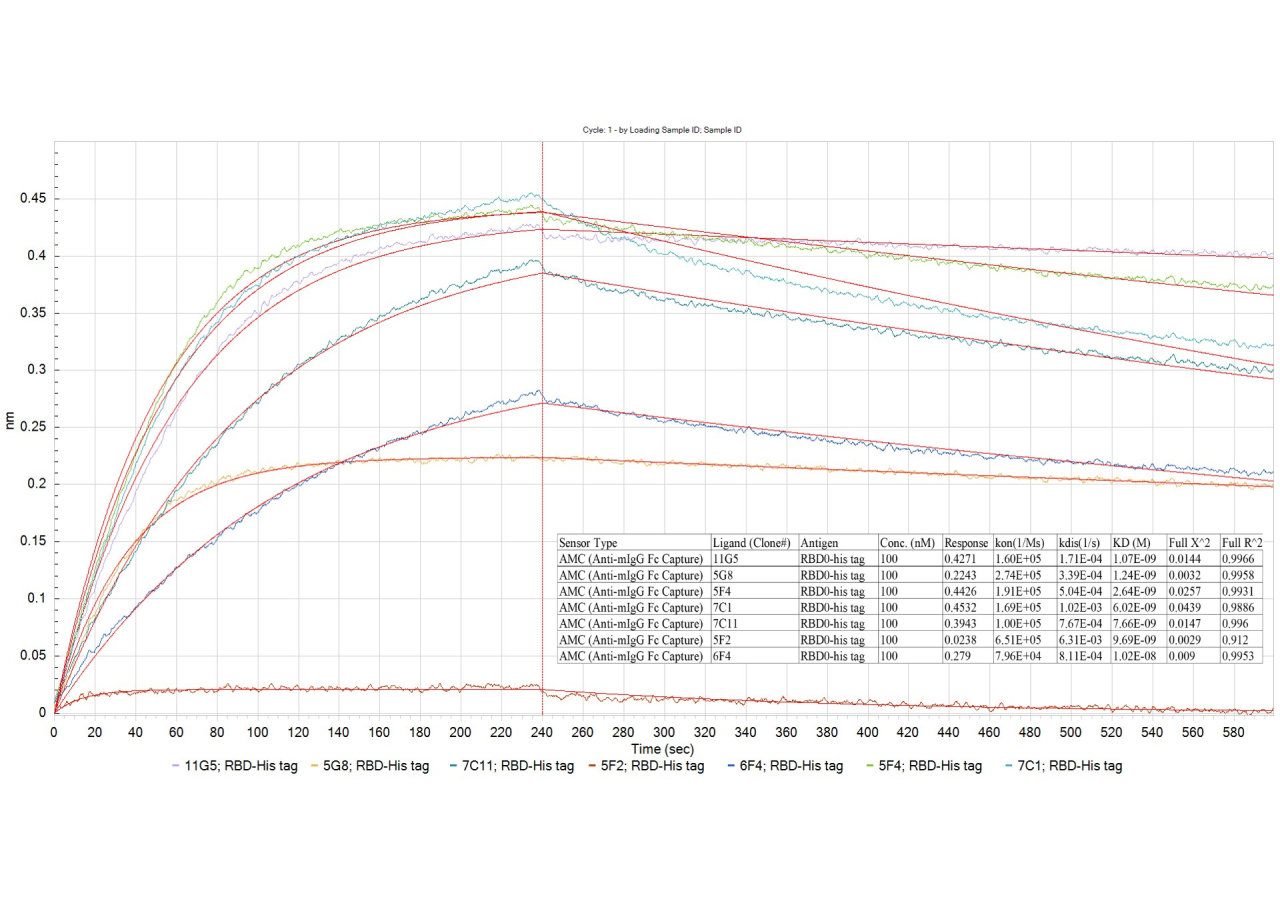




Octet-based selection of neutralizing antibodies:
Octet assay can be used to select antibodies that block analyte binding to the ligand (neutralizing antibodies). Typically, the ligand will be captured on the sensor and the binding of analyte to its ligand will be examined under two assay conditions:
- Analyte binding to the ligand in the absence of the antibodies generated against the ligand
- Analyte binding to the ligand saturated with antibodies generated against the ligand.
A reduced analyte binding to the ligand is expected under the condition 2 compared to 1 if the antibodies are neutralizing and in contrast, equivalent response is expected under both conditions in case of non-neutralizing antibodies.
The binding inhibition assay can also be used for categorizing anti-idiotype antibodies into anti-paratopes and anti-idiotopes
Materials and Information Needed for Affinity Service:
- 50 µg of each sample
- Molecular Weights of Samples
- Concentration of Samples
Deliverables
At the end of the project, our affinity service dedicated team provides a report analyzing the results and including sensorgram of antibody antigen interaction and a summary of the kinetic data (ka, kd, KD).
Timeline:
Typically, a project will be completed within one week after receiving your materials.
Other Applications
The use of Octet / Biacore is not limited to the characterization of antibody antigen interactions. Octet / Biacore assay can be used for the determination of any label-free molecular interactions such as:
- Confirmation of direct molecular interactions
- Receptor-ligand interactions
- Enzyme-substrate interactions
- Protein-DNA interactions
- Protein-protein interactions
- Batch record and drug stability assays
Disclaimer:
All clones developed are the customer’s property.
Precision Antibody does not retain any ownership.
We are happy to exchange CDA, NDA, & MSA.

